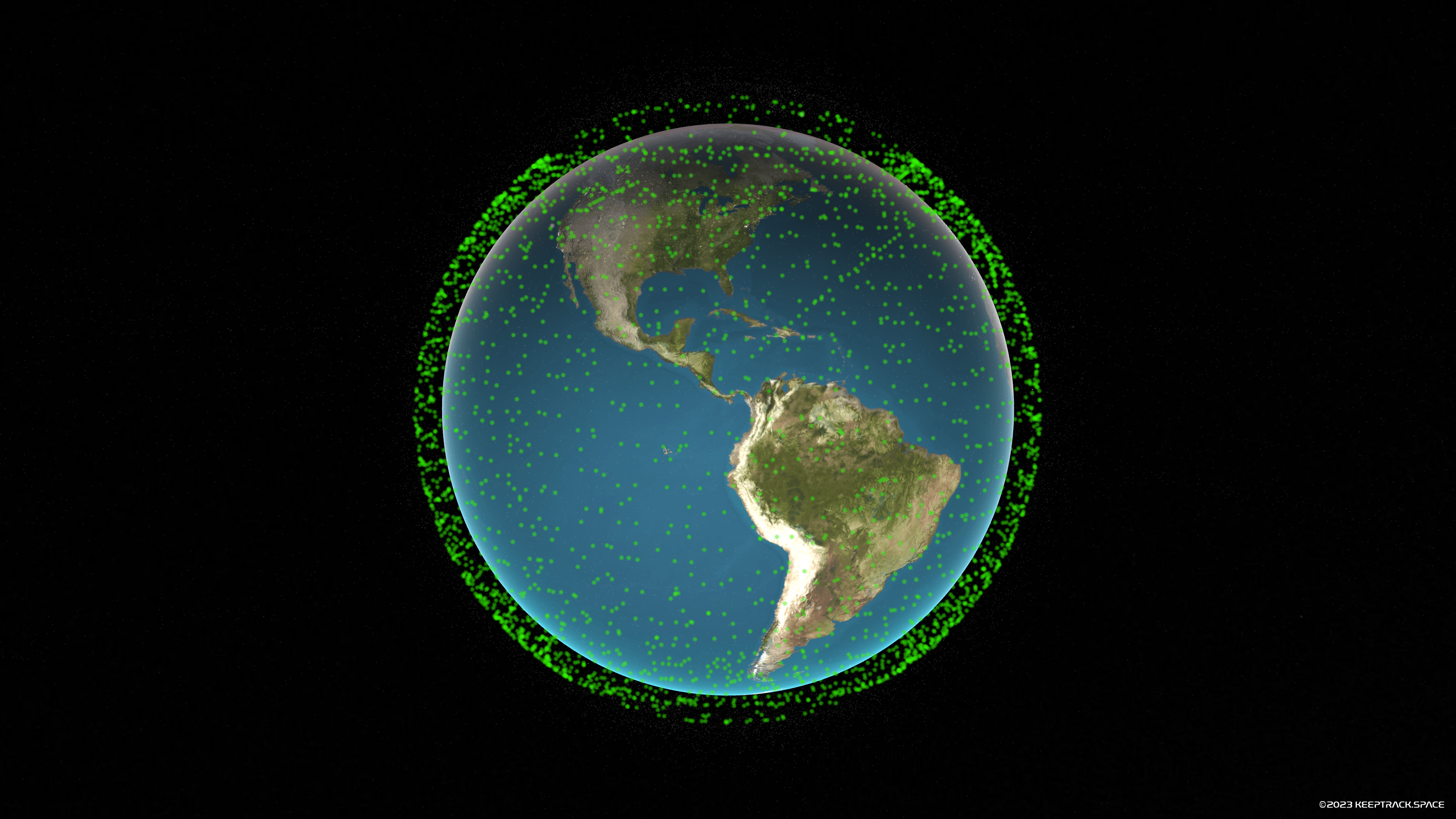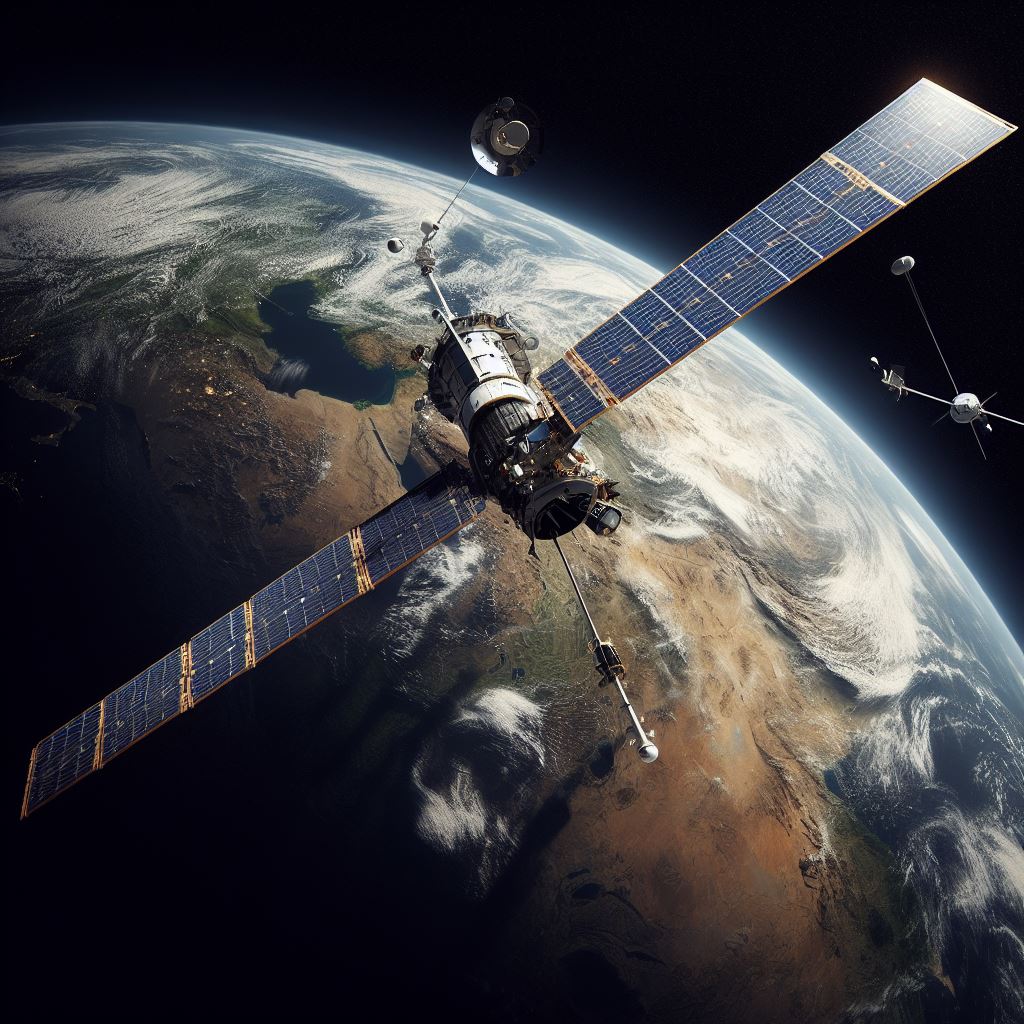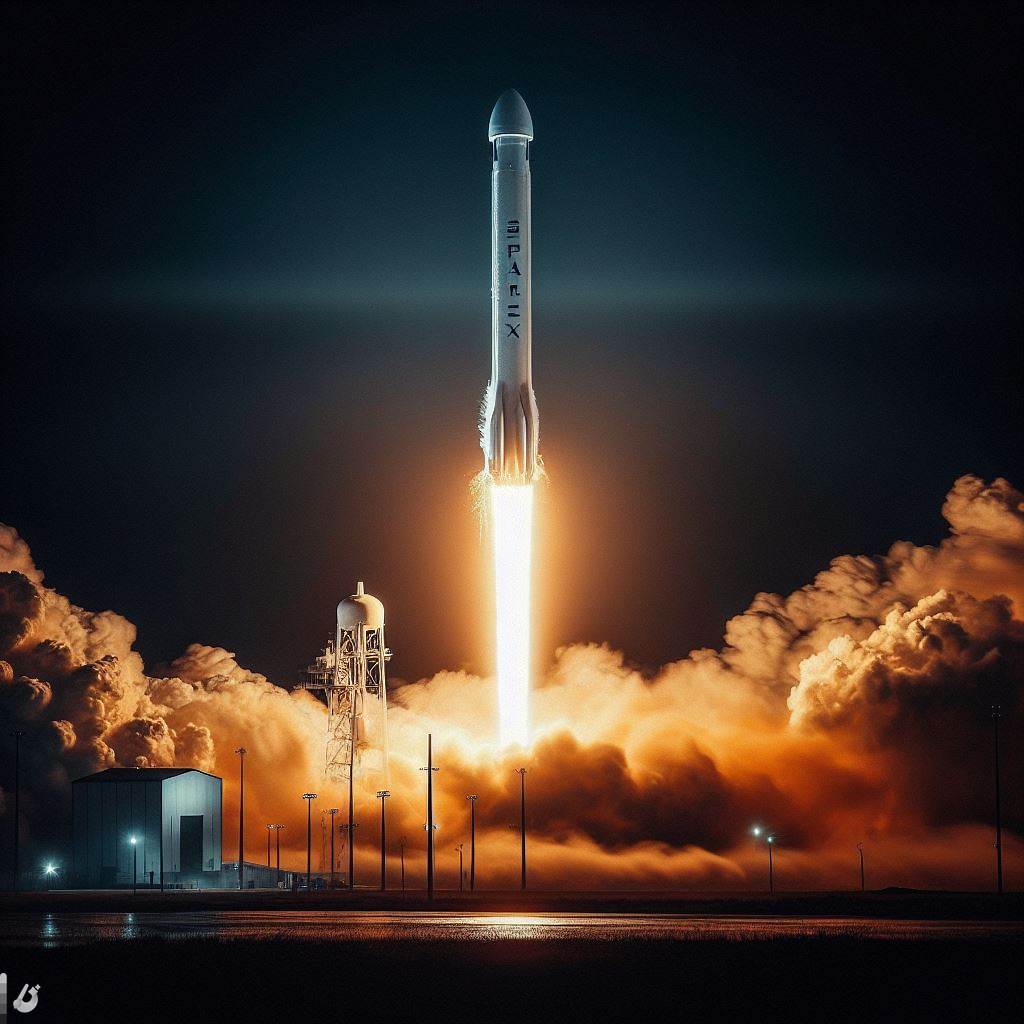· 3 min read
US Agency Will Not Reinstate $900 Mln Subsidy for SpaceX Starlink Unit
The U.S. Federal Communications Commission reaffirms its decision to deny SpaceX's Starlink unit $885.5 million in rural broadband subsidies, impacting the company's plans for expanding internet access.

In a significant development for SpaceX and its Starlink satellite internet unit, the U.S. Federal Communications Commission (FCC) has confirmed its previous decision to deny the company $885.5 million in rural broadband subsidies. This decision reaffirms the agency’s stance from 2022, highlighting ongoing challenges in the deployment of advanced space-based internet services.
The Core of the FCC’s Decision
The FCC’s decision stems from Starlink’s inability to fulfill essential program requirements. Specifically, the FCC cited SpaceX’s failure to launch its Starship rocket successfully and concerns over Starlink’s capability to deliver the promised service. The FCC Chair, Jessica Rosenworcel, emphasized that the decision followed a thorough legal, technical, and policy review, concluding that SpaceX had not met the necessary burden of proof.
SpaceX’s Response
SpaceX expressed deep disappointment and confusion over the FCC’s decision. The company defended Starlink as a leading solution for the rural internet program, citing its current scale and efficiency. With approximately two million subscribers as of September 2023, SpaceX continues to expand its satellite constellation, arguing for the enhanced speed and reliability of its service.
Political Undercurrents
The decision has sparked a debate within the FCC itself, with the two Republican commissioners dissenting. They accused the FCC of prematurely holding SpaceX to 2025 targets and suggested that the Biden administration’s alleged animosity towards Elon Musk might be influencing regulatory actions. FCC Commissioner Brendan Carr explicitly linked the decision to what he termed “regulatory harassment” against Musk’s businesses.
Musk’s Take
Elon Musk, outspoken as ever, criticized the FCC’s decision on social media. He argued that Starlink is effectively addressing rural broadband challenges and suggested that the FCC should dissolve the program and return funds to taxpayers rather than allocate them to less effective solutions.
Broader Context
This decision comes at a time when SpaceX’s valuation is surging, with a recent tender offer indicating a jump to nearly $180 billion. Meanwhile, the space industry continues to evolve rapidly, with competitors like Amazon’s Kuiper and Jeff Bezos’ Blue Origin advancing their projects, and increased Japanese government investment fueling growth in space startups.
FAQ
Q: What does the FCC’s decision mean for SpaceX?
A: The FCC’s decision means that SpaceX’s Starlink unit will not receive the $885.5 million in rural broadband subsidies, posing a challenge to its plans for expanding rural internet access.
Q: How did SpaceX react to this decision?
A: SpaceX expressed disappointment and confusion, emphasizing that Starlink remains a strong contender for providing rural internet services.
Q: Are there political implications to this decision?
A: Yes, the decision has political undertones, with some FCC commissioners suggesting it may be influenced by the administration’s attitude towards Elon Musk.
Q: What is the current valuation of SpaceX?
A: As of the latest reports, SpaceX’s valuation is approaching $180 billion, reflecting its growing prominence in the space sector.



